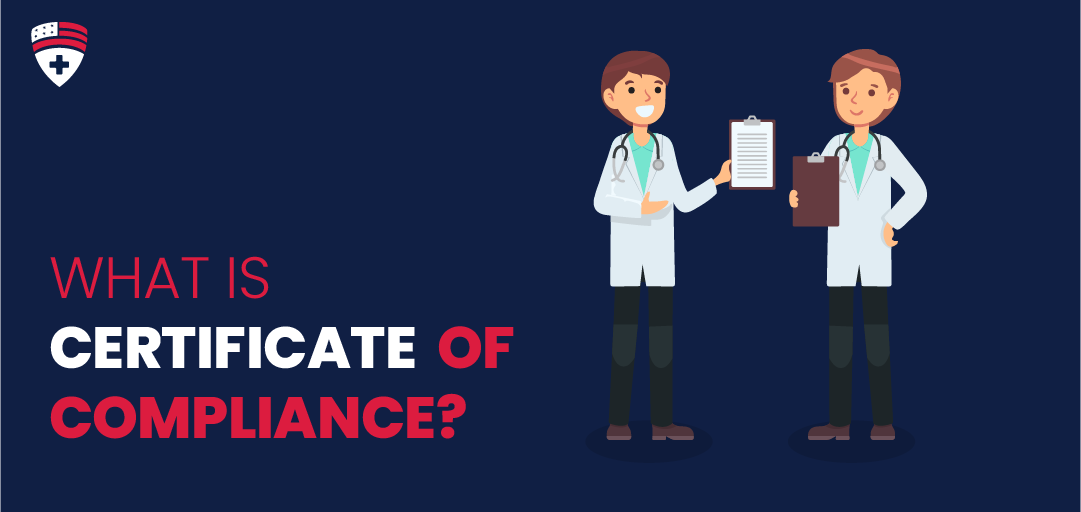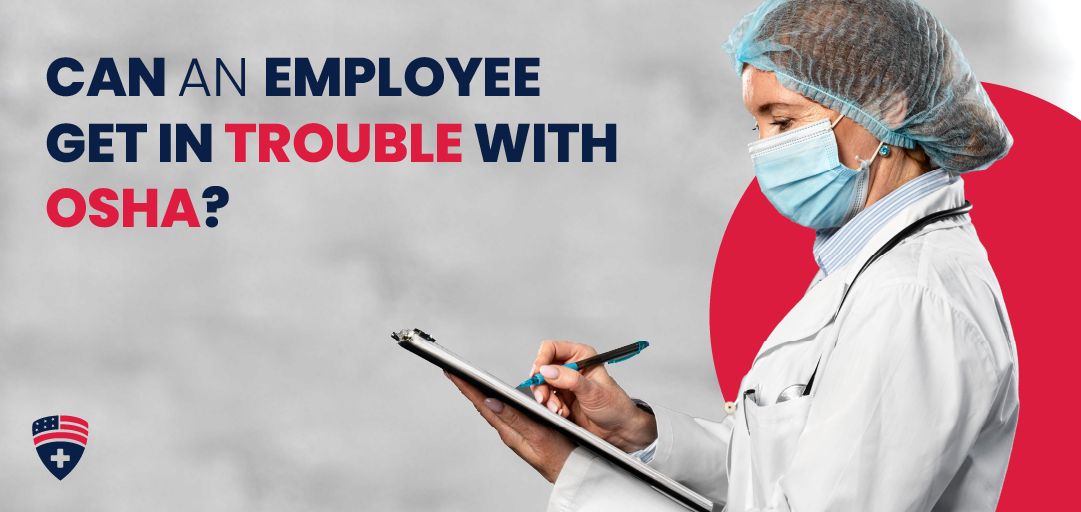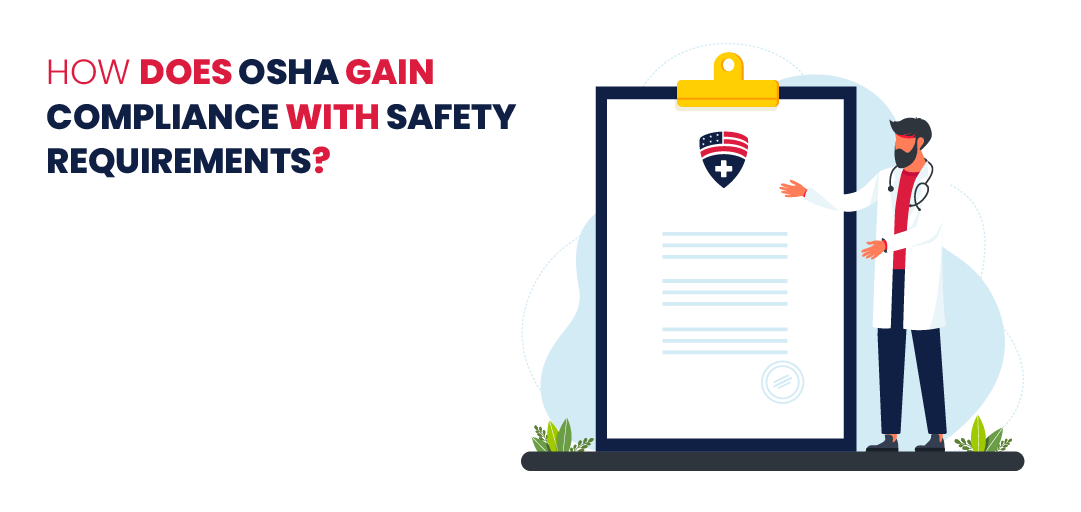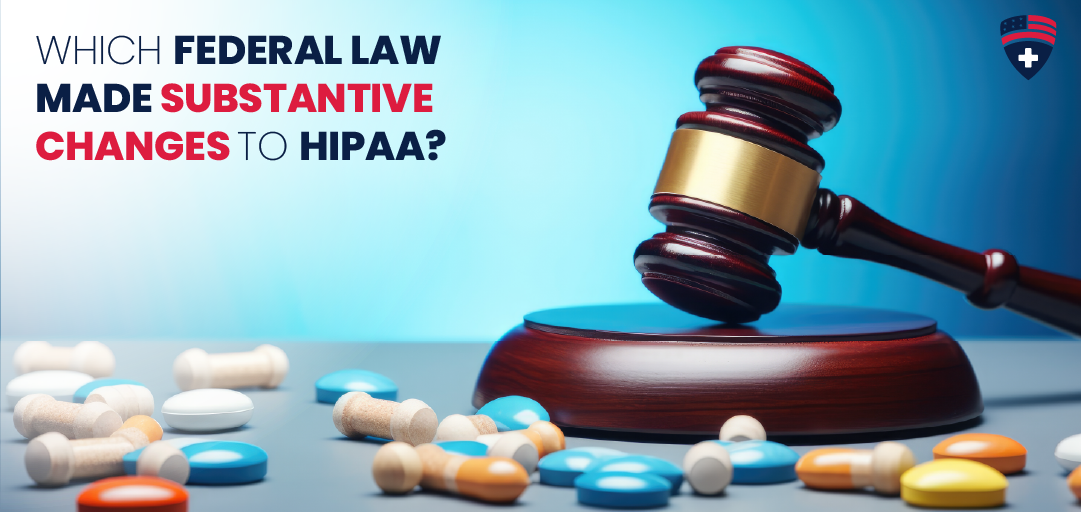
What Is a Certificate of Compliance?
Compliance is a cornerstone of any reputable business. In the always-changing world of healthcare, ensuring regulatory compliance is crucial.
At American Healthcare Compliance, we offer courses on Osha and HIPAA compliance. Contact us for more details
One critical aspect of this compliance is the issuance and maintenance of a certificate of compliance.
These certificates are crucial documents that prove we are up-to-date with rules and standards.
But have you ever wondered, “What is a compliance certificate?” Why is it essential in healthcare, and how does it impact the quality of patient care?
Let’s start by understanding what is a certificate of compliance. So first, define a certificate of compliance.
Certificate of Compliance (COC) Meaning
A Certificate of Compliance (COC) is often called “COC” for short. A regulatory agency or governing group issues the COC in the medical field.
This certificate shows that a healthcare organization follows the required rules and standards.
The standards typically cover several areas. It may regard the quality of care given, the safety rules followed, the ethics used, and the legal and industry guidelines observed.
A Certificate of Compliance shows that a business or product was thoroughly checked. It proves the company is dedicated to keeping healthcare practices safe and high-quality.
Types of Healthcare Compliance Certifications
Those in the healthcare field need to hold compliance certifications. It helps them follow laws, rules, and ethics.
Here are some common types of healthcare compliance certifications:
- Certified in Healthcare Compliance (CHC)
The Health Care Compliance Association (HCCA) offers it. This certification demonstrates proficiency in healthcare compliance regulations, policies, and procedures.
- Compliance and Ethics Professional Certification (CCEP)
It is for experts who handle compliance and ethics in various fields, including healthcare.
The CCB offers it, which shows knowledge of compliance, ethics, and risk management. It is highly relevant for healthcare compliance roles.
- Certified HIPAA Professional (CHP)
This certification focuses on the Health Insurance Portability and Accountability Act (HIPAA). It guarantees that professionals deeply understand patient privacy and data security laws.
- Certified Professional Compliance Officer (CPCO)
The AAPC offers the Certified Professional Compliance Office (CPCO) credential. It is all about the rules. Specifically, the ones that govern how billing and coding work in healthcare.
- A Certified Medical Compliance Officer (CMCO)
The American Institute of Healthcare Compliance (AIHC) issues this title to ensure that healthcare practices follow the rules. It includes medical coding, billing, records, and payment systems.
- Certified in Healthcare Privacy Compliance (CHPC)
Healthcare Privacy Compliance Certification (CHPC) is another program the HCCA provides. This one highlights rules related to healthcare privacy and, more specifically, examines laws like HIPAA.
- Certified in Healthcare Research Compliance (CHRC)
This certificate, given by the HCCA, is for those who handle compliance in healthcare research areas.
It tackles the special issues of keeping ethical research habits and adhering to regulations.
Benefits of a Certificate of Compliance in Healthcare

A healthcare COC, Certificate of Compliance is important. It shows that a healthcare company follows the rules, standards, and top practices.
Here are some key benefits of obtaining a COC:
- Legal Compliance
Healthcare groups need to follow different rules to keep patients safe and private and provide top-notch care.
A COC proves that the organization meets these legal demands and reduces the risk of punishments and legal issues.
- Quality Assurance
Getting a COC shows the group has ways to keep the quality of patient care high. It gives patients and others peace of mind that the healthcare place puts them first.
- Good Reputation
Having a COC makes the healthcare group look good. People, insurance companies, and law groups see it as a sign of quality. It helps build trust and confidence in the best help they provide.
- Risk Management
Following rules and standards helps avoid problems, such as harming patients, losing data, and not following rules.
By identifying and fixing possible issues, healthcare groups can prevent bad things from happening.
- Access to Funding and Contracts
Some funders and insurance groups need healthcare groups to have a COC before they offer money or make deals.
A COC lets them get grants, loans, and partners to keep going.
- Patient Trust and Satisfaction
Patients like knowing they are safe and getting good service. A COC tells patients that the group meets industry standards and cares about them.
It leads to more trust, happiness, and loyalty from patients.
Compliance Certificate Example
Imagine you manage a hospital. You will likely want a Compliance Certificate.
Why? It shows your hospital passes all the necessary checks for patient care, cleanliness, staff numbers, and emergency preparedness.
The same goes for medical device creators or drug companies. A certificate indicates that your product meets safety, effectiveness, and quality checks.
Compliance Certification Online
At AHC, we offer easy-to-understand online training for OSHA and HIPAA compliance certification.
Our courses help your team keep things running smoothly and avoid fines or trouble.
With our HIPAA training, your team will learn how to handle important data while following the rules.
Contact us to learn how we can help your team stay compliant.
Conclusion
So, what is a certificate of compliance? A certificate of compliance is more than a document.
It is proof of compliance with an organization’s commitment to meeting rules, keeping patients safe, and providing top-notch care.
Such a certificate requires dedication, resources, and ongoing effort. However, the benefits outweigh the challenges, enhancing reputation, trust, and competitiveness in healthcare.
FAQs
Is a certificate of compliance mandatory for all healthcare organizations?
Although it is not a must everywhere, owning a certificate shows that you follow the top guidelines and rules. It is recommended.
How often do healthcare organizations need to renew their certificate of compliance?
Different groups and rules determine when you need to update your certificate. It is often best to do this once a year or every two years.
What are the consequences of failing to obtain a certificate of compliance?
Non-compliance can result in legal penalties and a loss of reputation. In bad situations, healthcare facilities could even be suspended or completely shut down.






